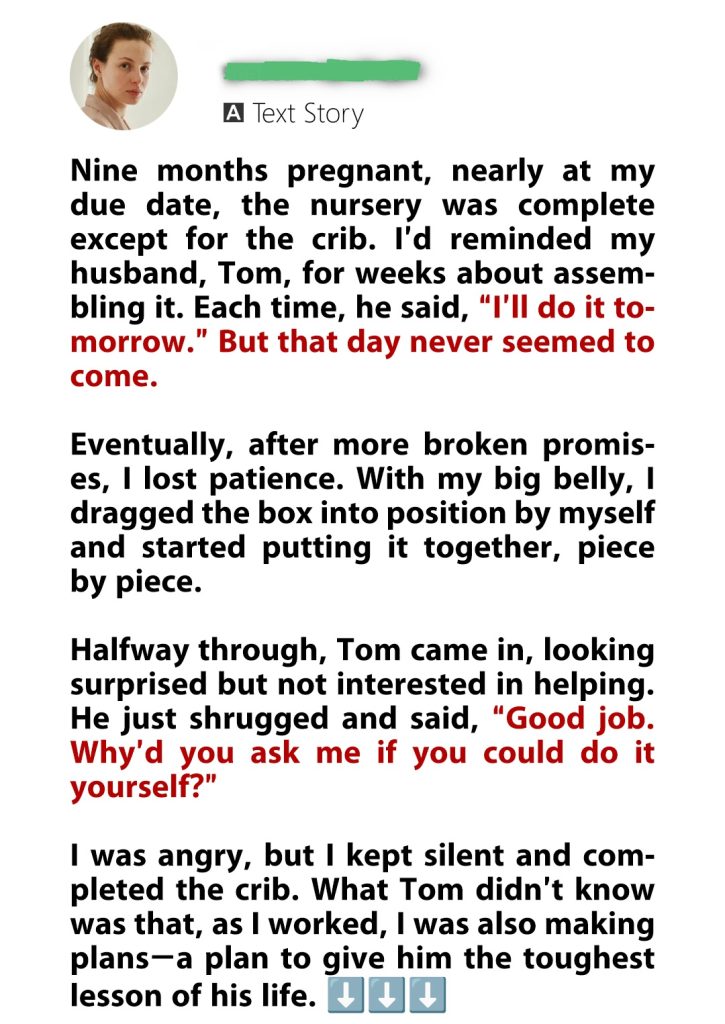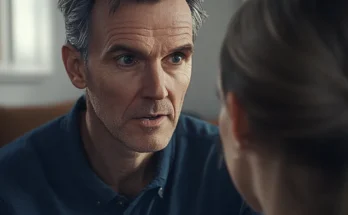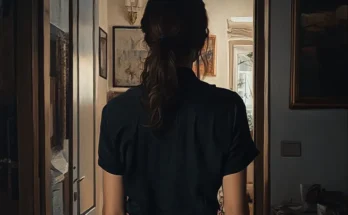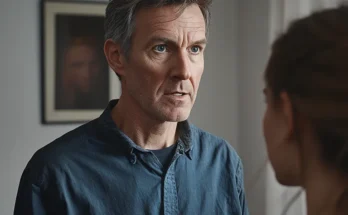Nine months pregnant, Eloise stood in the nursery, staring at the unopened crib box that had gathered dust for weeks. The room was otherwise perfect—painted walls, folded onesies, a mobile gently spinning above an empty space. But the crib, the one thing she’d asked her husband Tom to assemble, remained untouched. Each time she reminded him, he’d say, “Tomorrow.” But tomorrow never came.
To Tom, it was just a chore. To Eloise, it was a symbol—of readiness, of partnership, of shared responsibility. And with each passing day, that unopened box whispered a truth she didn’t want to hear: she couldn’t count on him.
So she did it herself.
Dragging the heavy box across the room, her back screamed in protest. Her belly shifted with every movement, a living reminder that she shouldn’t be doing this. But she pressed on. Screw by screw, panel by panel, she built the crib with trembling hands and quiet fury.
Halfway through, Tom walked in. He glanced at the half-assembled crib and said, “Good job. Why did you ask me to help if you could do it yourself?”
She didn’t answer. She couldn’t. The words stuck in her throat, thick with disbelief. He didn’t see the pain, the exhaustion, the emotional weight behind her actions. So she turned away, tears falling freely.
When the crib was finally done, Eloise collapsed onto the floor, staring at it through blurred eyes. It should’ve been a shared memory—a moment of joy and anticipation. Instead, it was a monument to isolation.
That night, lying beside Tom in silence, Eloise realized it wasn’t just about the crib. It was about trust. About showing up. About the kind of father he might be. She had built the crib alone, but more than that—she had built a new understanding of her limits, her strength, and the harsh lesson he’d never forget.



